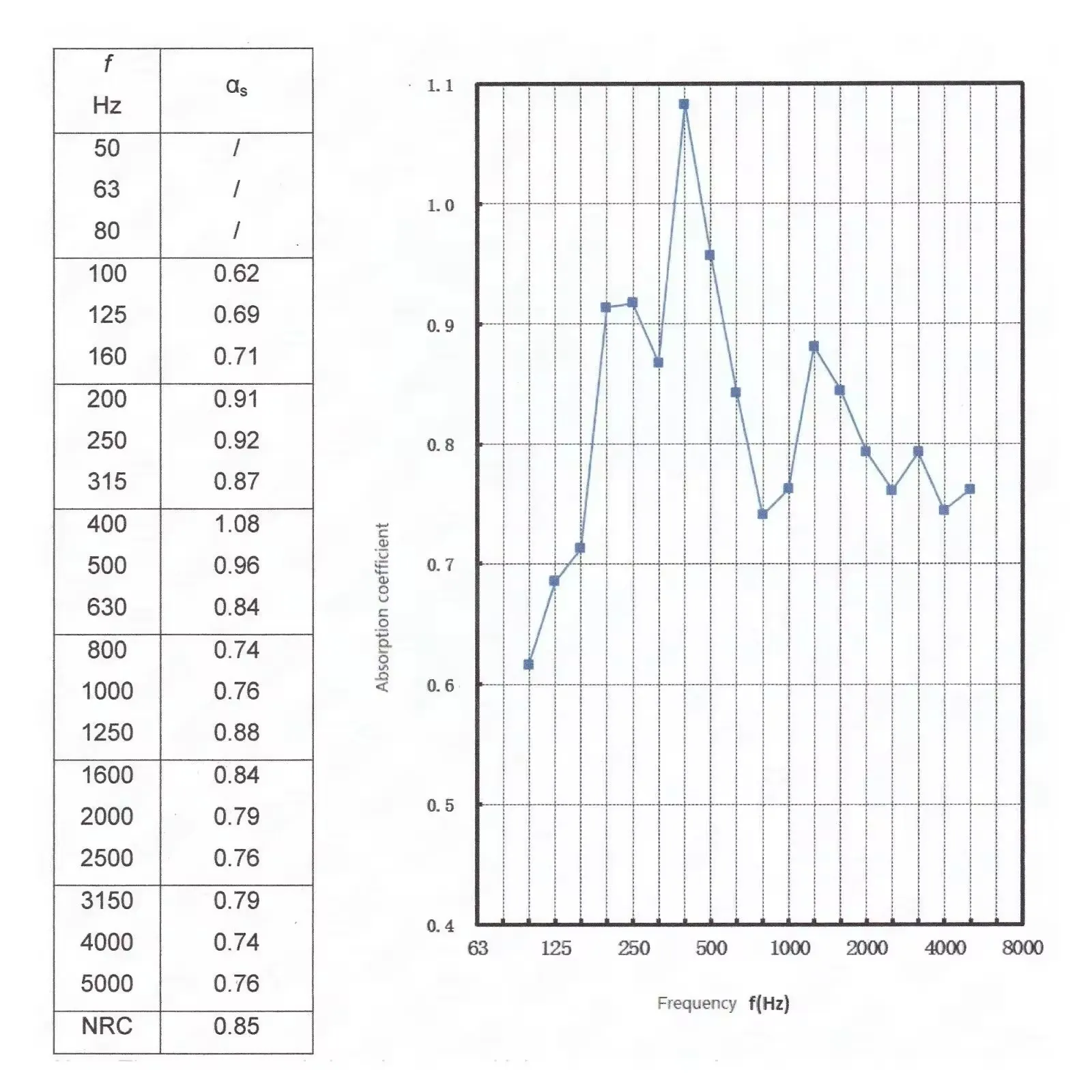The Advantages of Polyester Fiber Board
Polyester fiber board is a revolutionary material that has transformed various industries due to its unique properties and versatility. Made from recycled polyester fibers, this type of board offers a sustainable alternative to traditional materials, making it highly appealing in today's eco-conscious market. As consumer demand shifts toward environmentally friendly products, polyester fiber board stands out for its combination of durability, lightweight nature, and ease of use.
One of the primary advantages of polyester fiber board is its impressive strength-to-weight ratio. Unlike heavy materials such as plywood or particleboard, polyester fiber board is lightweight, which simplifies handling and installation. This characteristic is particularly beneficial in applications where weight reduction is essential, such as in the automotive and aerospace industries. Despite its lightweight nature, the board retains remarkable strength, making it suitable for a wide range of structural applications.
Another significant benefit of polyester fiber board is its resistance to moisture and mold. Unlike wood-based materials, which can warp or become damaged in humid conditions, polyester fiber board remains stable and resilient. This quality makes it an ideal choice for environments with high moisture levels, such as bathrooms, kitchens, or outdoor applications. By reducing the risk of mold growth and material degradation, polyester fiber board contributes to healthier indoor air quality and extends the lifespan of the products made from it.
polyester fiber board

In addition to its physical properties, polyester fiber board is also lauded for its sound-dampening capabilities. The fibrous structure of the material helps to absorb sound waves, making it an excellent choice for soundproofing applications in residential and commercial spaces. Whether used in wall partitions, acoustic panels, or flooring underlayment, polyester fiber board can significantly improve the acoustic comfort of any environment.
Moreover, polyester fiber board is often manufactured using a process that adheres to environmentally friendly standards, emphasizing recycling and sustainability. By utilizing recycled materials, this board contributes to waste reduction and minimizes the reliance on virgin resources. Industries looking to enhance their sustainability practices can incorporate polyester fiber board into their projects to demonstrate their commitment to environmental stewardship.
In conclusion, polyester fiber board is a versatile and eco-friendly material that offers numerous advantages for various applications. Its lightweight construction, moisture resistance, sound-dampening properties, and sustainable manufacturing practices make it an attractive option for industries ranging from furniture design to construction. As the world continues to prioritize sustainability, the adoption of innovative materials like polyester fiber board will play a crucial role in shaping a greener future.
